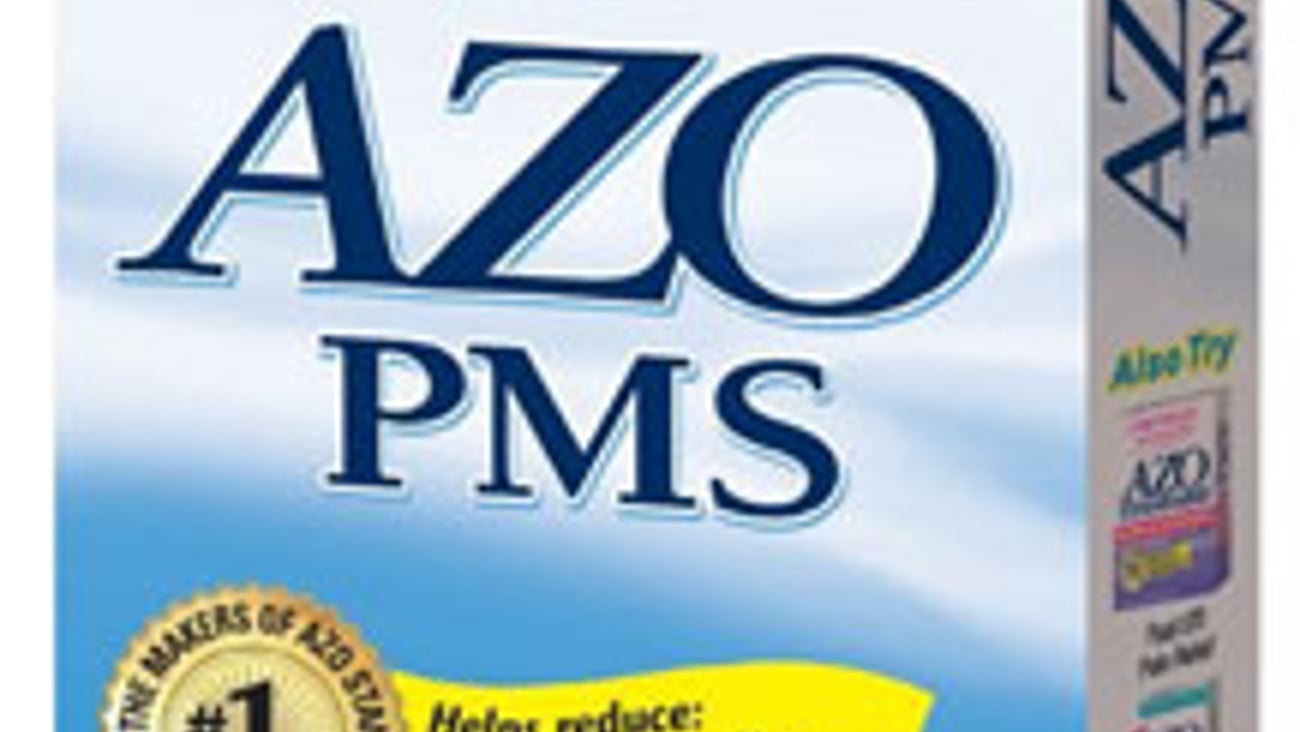-
New Azo product provides PMS relief
CROMWELL, Conn. — Amerifit Brands on Wednesday launched its Azo PMS product, which has been formulated to help reduce moodiness, irritability and bloating with a variety of ingredients, including high-potency B vitamins, calcium, magnesium, folic acid and two natural herbal blends, the company stated.
-
HealthPrize, RealAge look at social media, gaming technology to improve adherence
SAN DIEGO — HealthPrize Technologies and RealAge will launch a study next month that will test HealthPrize’s medication adherence technologies on patients taking asthma medications, the two companies said Wednesday.
HealthPrize is the creator of an Internet and mobile app that uses behavioral economics and gaming dynamics to improve medication adherence, while RealAge is a health website that uses the RealAge Test to assess a person’s mortality risk based on health-related factors.

